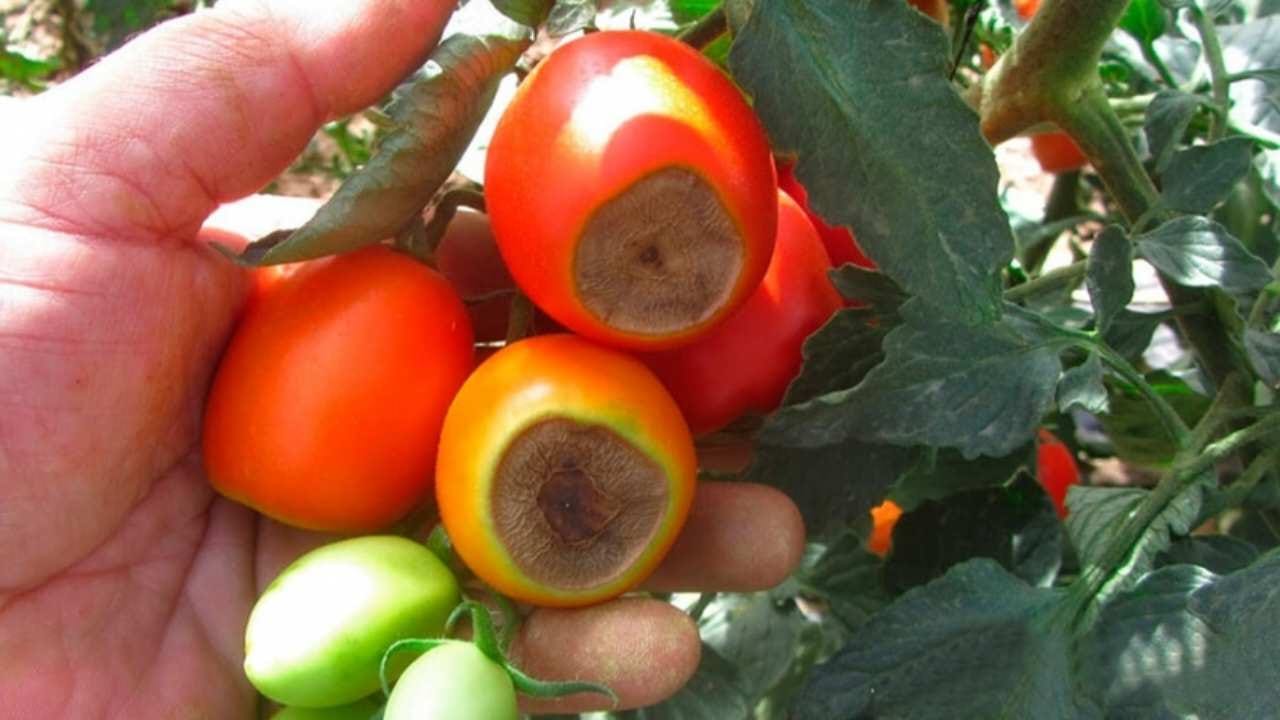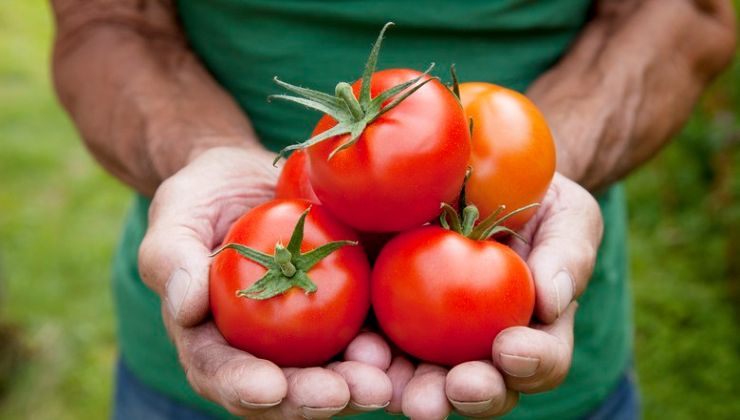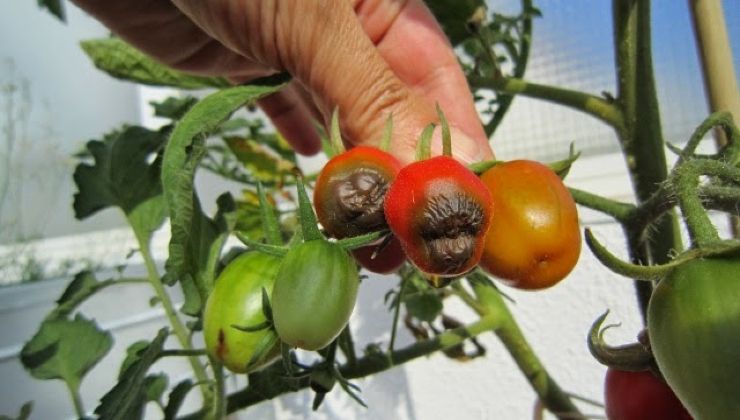
Why do tomatoes turn black at the tips? It’s not a lack of water: the reason
Advice Advice
- 0
- 105
Have you ever wondered why tomatoes turn black on top? The secret is out. We’re just telling you it’s not due to a lack of water. Here’s the real reason.

You’ve probably also witnessed the deterioration of tomato quality . You’ve probably noticed that these vegetables often turn black on top . Why does this happen? It’s not due to insufficient or improper watering.
This is the best way to care for tomato plants
It’s impossible not to love tomatoes . Their strong yet sweet flavor is appreciated by food lovers around the world. Italy is one of the countries that produces, imports, and exports the most of these delicious fruits, which are consumed primarily in the summer.

If you have the opportunity to grow a tomato plant in a pot or in the garden , we recommend you do so: by following a few tips, you can enjoy this unforgettable and tasty garden product all summer long.
But how do you care for a tomato plant? There’s some information you definitely need to know. For proper growth and abundant fruit, you need:
- water the plant every two days;
- bury it in moist, permeable soil so that the roots take root well;
- Put it in a very bright place.
- Prune frequently by cutting off buds that emerge below the leaves and stem.
- Feed the soil with natural fertilizers if you notice your plant is struggling to grow.
You’ll know your tomato plant isn’t growing properly not only when it produces only a few fruits , but especially when the fruits begin to turn black on top . Why does this happen? No, it’s not due to a lack of water.
Why do tomatoes turn black at the tips?
You’ll also notice that not all tomatoes are the same. Of course, there are different varieties that determine the shape, color, and flavor of the fruit.
However, all tomatoes, regardless of variety, certainly have one thing in common: the black color that often appears on top. What is this strange phenomenon? Why does it happen? Let’s answer these questions.

The main reason tomatoes turn black on top is calcium deficiency , which causes a lack of nutrients in the soil. The absence or insufficient amount of this nutrient, necessary for fruit formation, manifests itself as necrosis in the lower part of the fruit (on the top, so to speak) and internal rot , which clearly makes the tomato inedible.
So, with that established, we can rule out the possibility that the black color at the tip isn’t due to a lack of water . At least not entirely. We also need to be more specific about this.
To grow healthy and strong, plants need to absorb calcium, which is present in well-fertilized soil. The plant absorbs all nutrients through its roots , which in turn absorb them from the soil substrate , which contains calcium in addition to the other nutrients.
What happens if you water a tomato plant too much or too little ? There are two consequences:
- If you overwater your plant, its roots will drown and won’t be able to absorb essential nutrients like calcium.
- If you don’t water the plant enough, the roots won’t grow and won’t be able to absorb nutrients and therefore calcium.
Therefore, it is more correct to say that tomatoes turn black at the tips because they cannot properly absorb calcium , but also because of incorrect watering .
Is it possible to solve this problem? The answer is yes. How? By incorporating calcium into the soil . This can be achieved either by fertilizing the soil with food supplements containing this vital nutrient, or by using natural ingredients .
Milk, for example, a calcium-rich beverage , can help the plant absorb the right amount of this nutrient . Add 250 ml of milk to one liter of water and water the soil and leaves of the tomato plant.
If you prefer, you can also use powdered milk . In this case, you should sprinkle a generous amount over the substrate and then water the plant.
However, according to some studies, other causes are also responsible for the so-called apical necrosis , that is, the excessively abrupt growth of the plant that has received an excessive supply of nitrogen or poor water drainage.
The solution to all these problems is, therefore, to nourish the soil with natural calcium preparations, but above all to pay attention to irrigation: we must avoid the so-called water stress.

